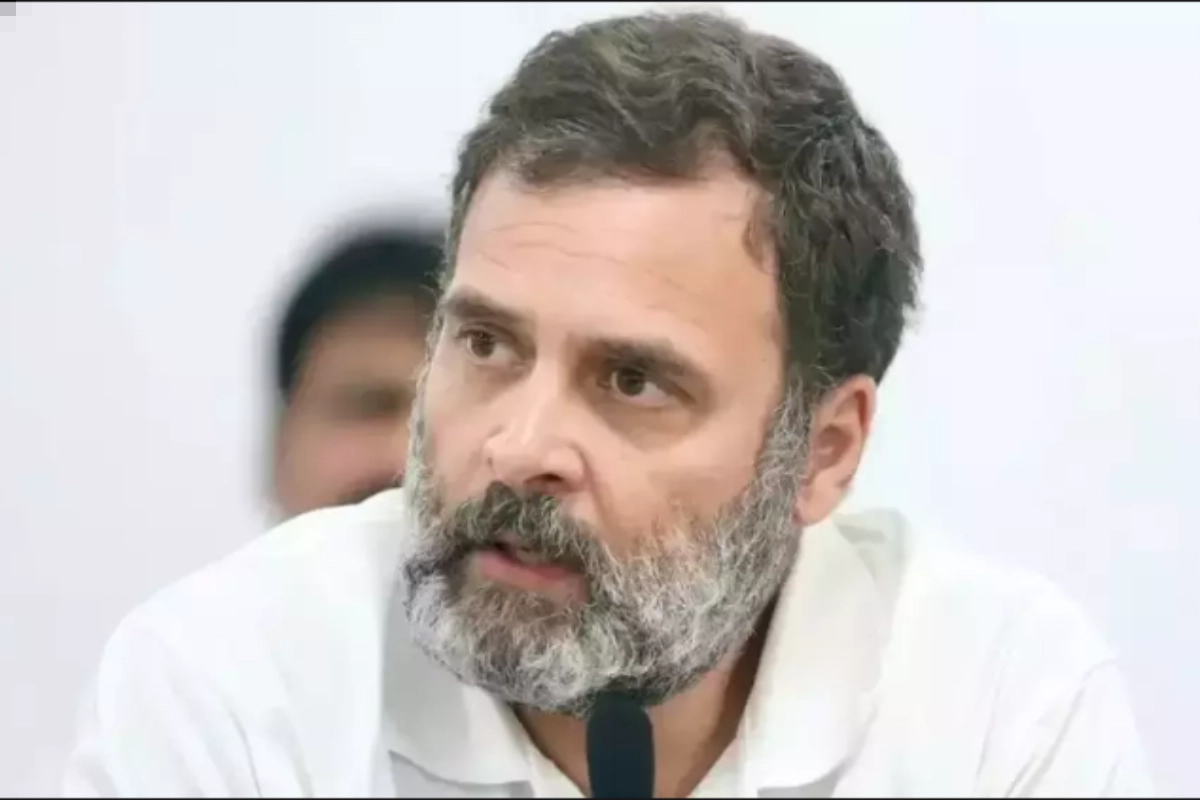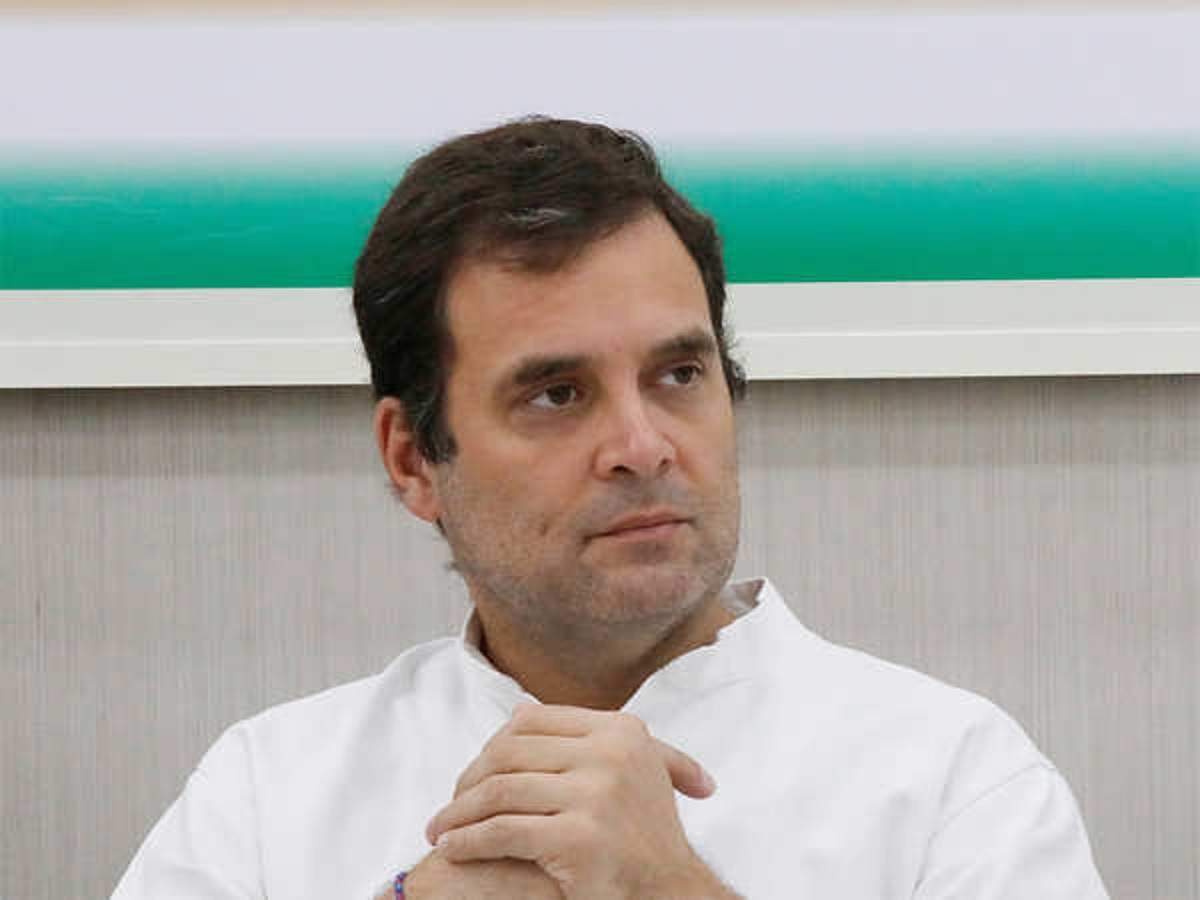Rahul Gandhi: During his just-concluded US visit, Congress MP and Leader of Opposition in Lok Sabha Rahul Gandhi called again for holding a caste census in India. Speaking at Georgetown University in Washington, DC, Rahul Gandhi flagged underrepresentation of OBCs, Dalits, and Adivasis in the most decisive elements of Indian society. Talking about internal issues of country on International level is quite questionable.
The 90% Left Out of India’s Power Structures
Rahul Gandhi believed that a caste census is necessary to gauge the degree by which these marginalised communities are integrated into the socio-economic fabric of the country. “The elephant in the room is that 90% of India, OBCs, Dalits, and Adivasis don’t play the game,” said Gandhi, showing the big gap in ownership and participation in the country’s top institutions. He quoted that “Out of the top 200 businesses in India, there is almost no ownership of 90% of the population of India. In the highest courts of the country, there is almost no participation of 90% of India. In media, there is zero participation of lower castes, OBCs, Dalits”
According to him, a caste census will bring out the social and financial status of these communities and give a better view regarding their participation in Indian institutions. “We want to understand what their social and financial position looks like…We also want to look at the Indian institutions to know a sense of India’s participation in these institutions,” he added.
Rahul Gandhi’s Surprising Stance on PM Modi
Interestingly, Rahul Gandhi also explained his attitude towards Prime Minister Narendra Modi during the discussion. He said he does not hate the Prime Minister, even though people might have perceived that from the political hostilities between them. “You will be surprised, but I don’t actually hate PM Modi. He has his point of view, I don’t agree with his point of view, but I don’t hate him,” said Rahul Gandhi, sounding sympathetic rather than hostile.
Similarly, statements by Gandhi on his tour to the United States show that a lot of his effort still lies in areas of social justice and inclusion that underpin his commitment toward the inequalities faced by the marginalized communities in India.












